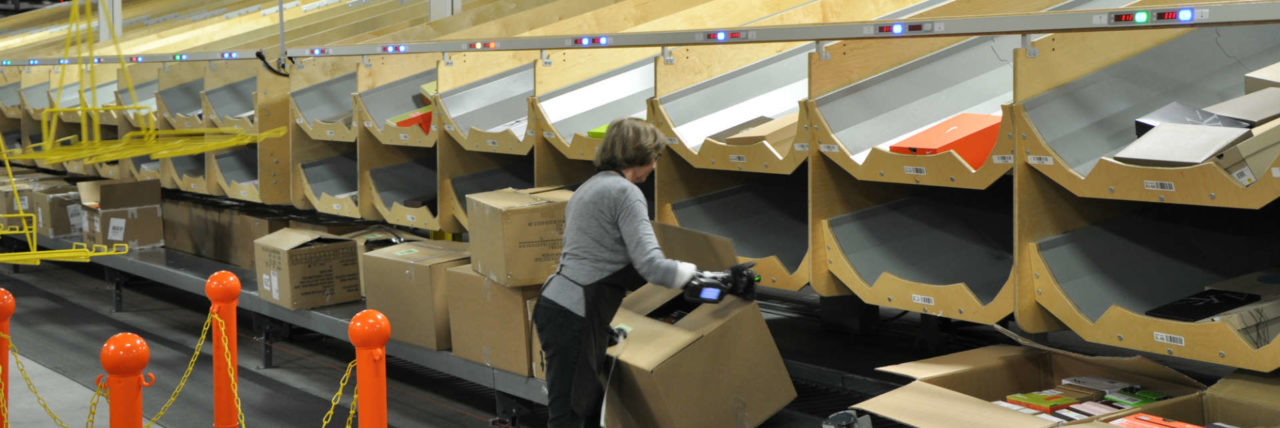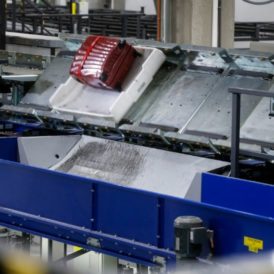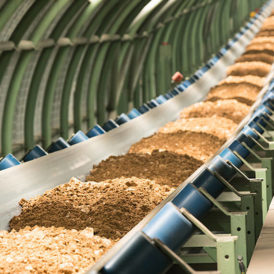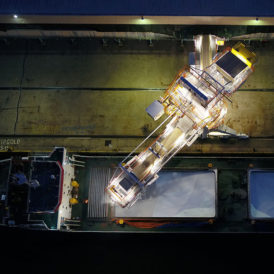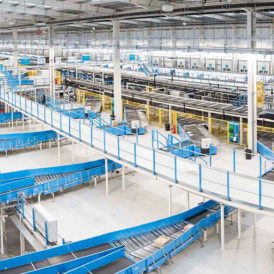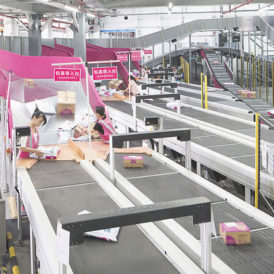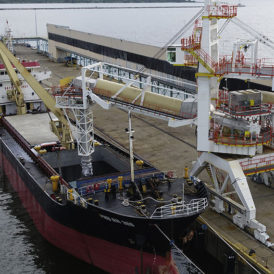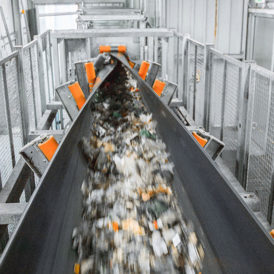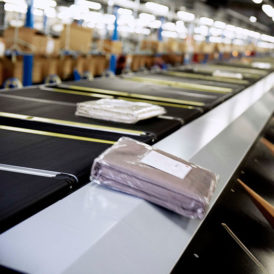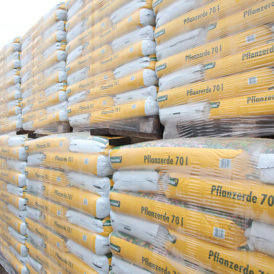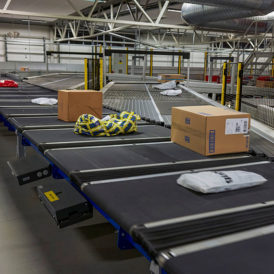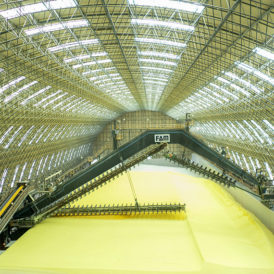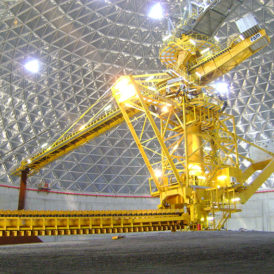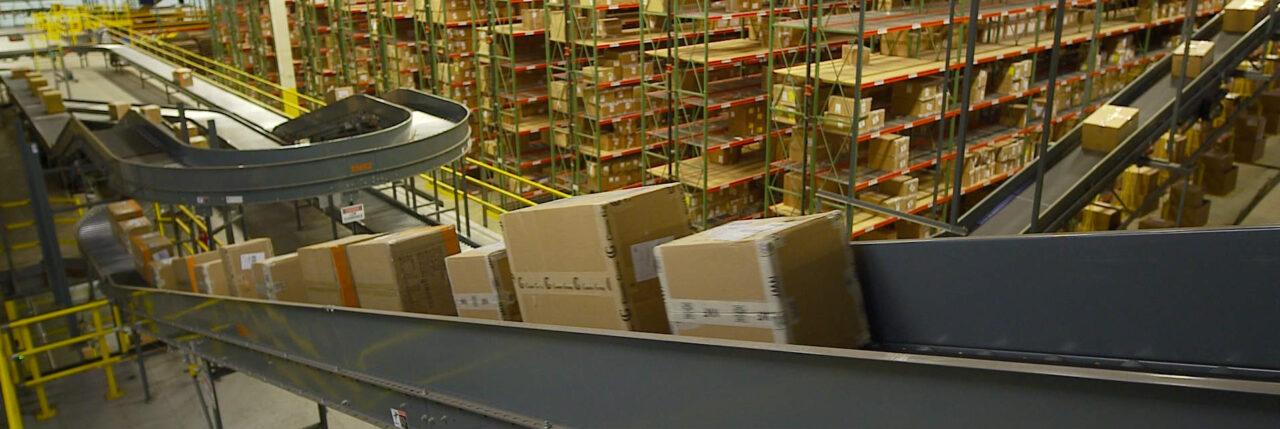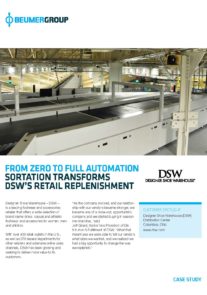Making the strategic shift to dynamic store replenishment
The move from manual to fully automated sortation has enabled Designer Shoe Warehouse (DSW) to make a strategic shift from seasonal to dynamic store replenishment. The transformation started with the installation of a BEUMER sortation system at DSW’s main Distribution Centre in Columbus, Ohio. for the retail replenishment.
The centre previously used case-based, cross-dock sortation for the replenishment of footwear and accessories for DSW’s 430 U.S. retail outlets, 370 leased departments and online sales. The case-based model meant that stores replenished popular sizes by ordering a case which included the full range of sizes. With automated sortation, DSW now enables unit replenishment by individual size. This allows the stores to order only the sizes which need to be re-stocked.
Following the radical change in replenishment strategy, the number of items shipped in the first year reached 4.3 million units, which was four times the number forecast by DSW.
To meet the demand for growth, BEUMER’s BS-7 cross-belt sortation system was installed on a mezzanine floor in the warehouse. The mezzanine measures 1400 feet long, by 100 feet wide so space was tight. The design enables the sorter to use the smallest belt pitch to deliver throughput of up to 10,000 units per hour. The proven uptime and sortation accuracy of 99.99% are essential for replenishment efficiency.
